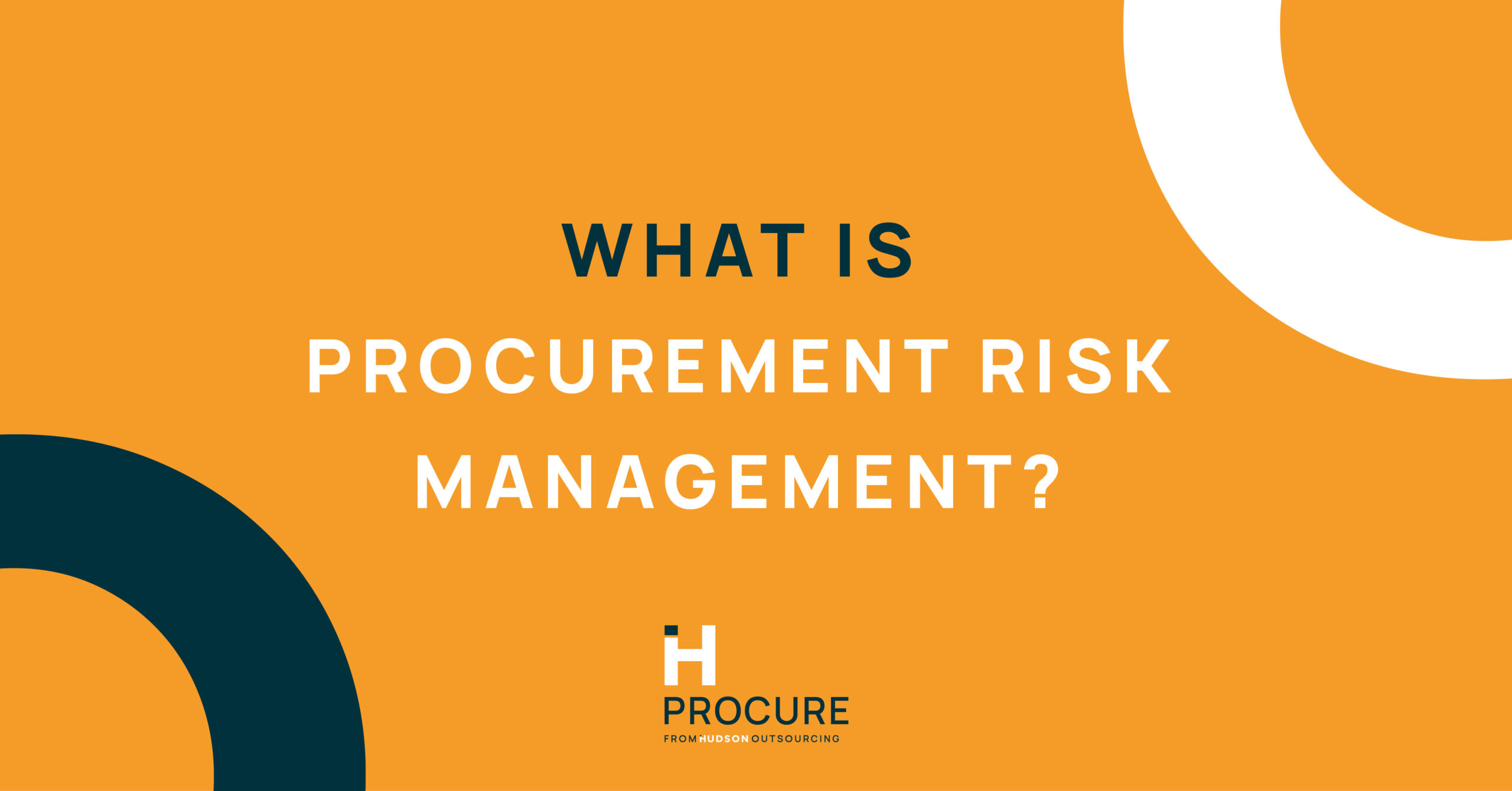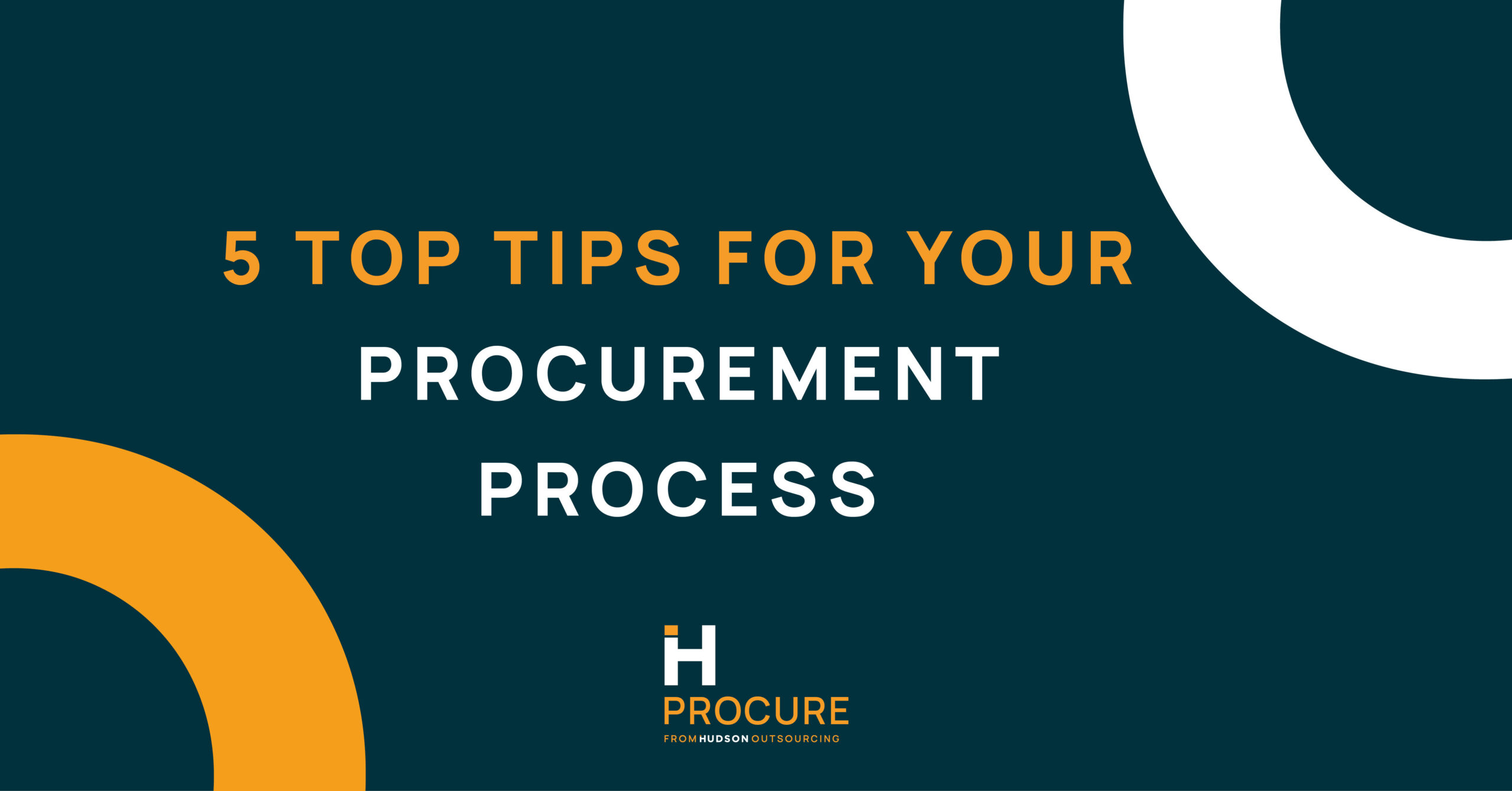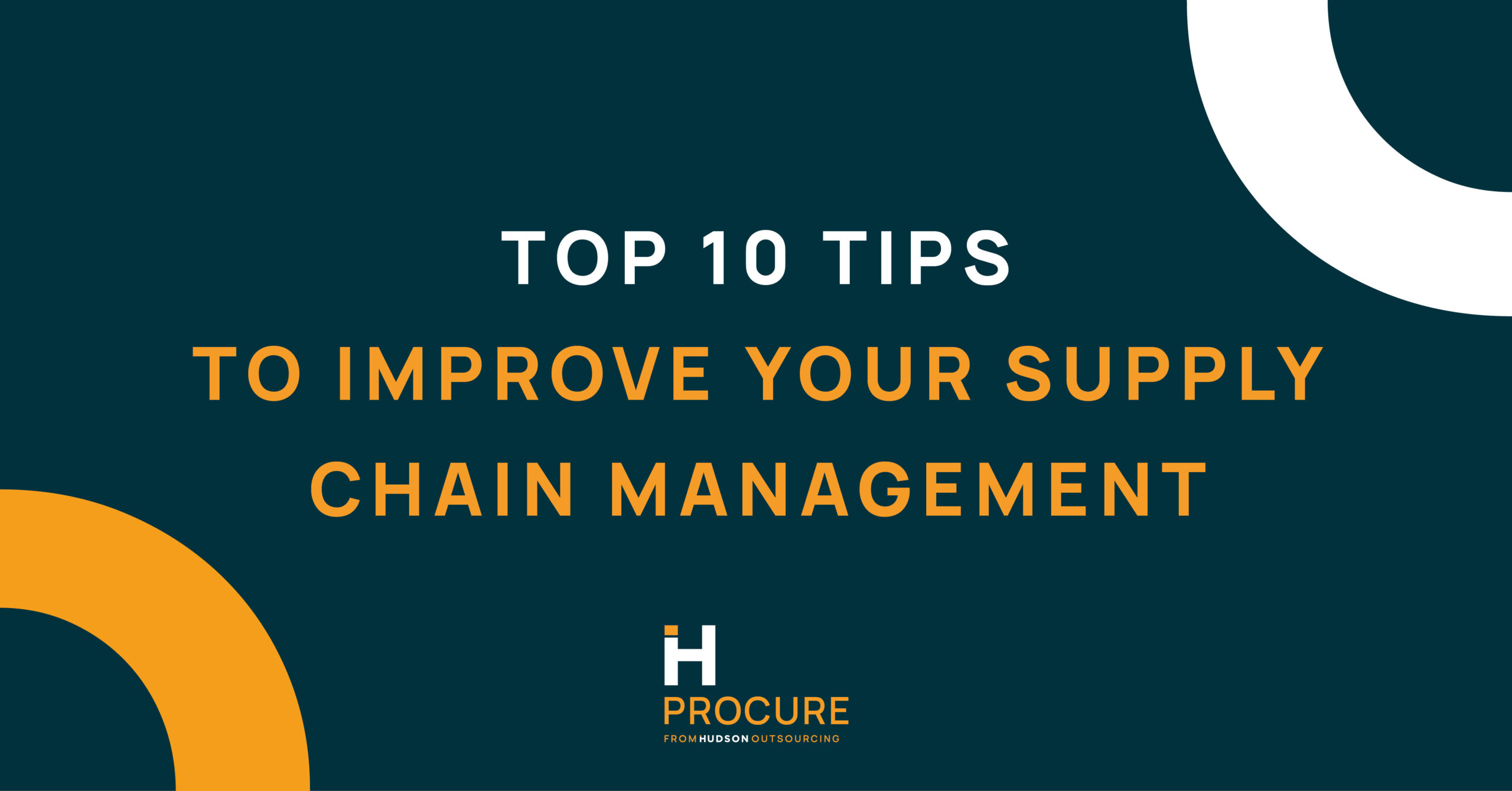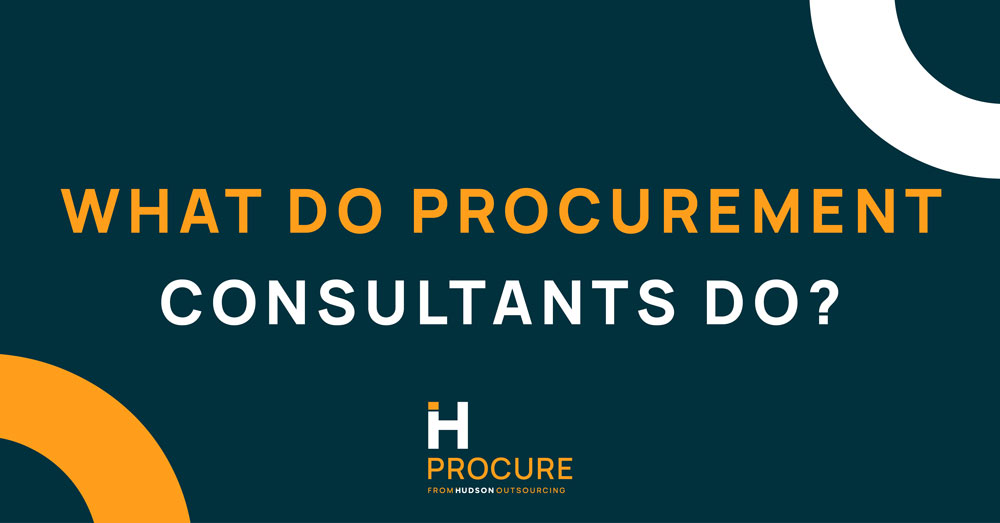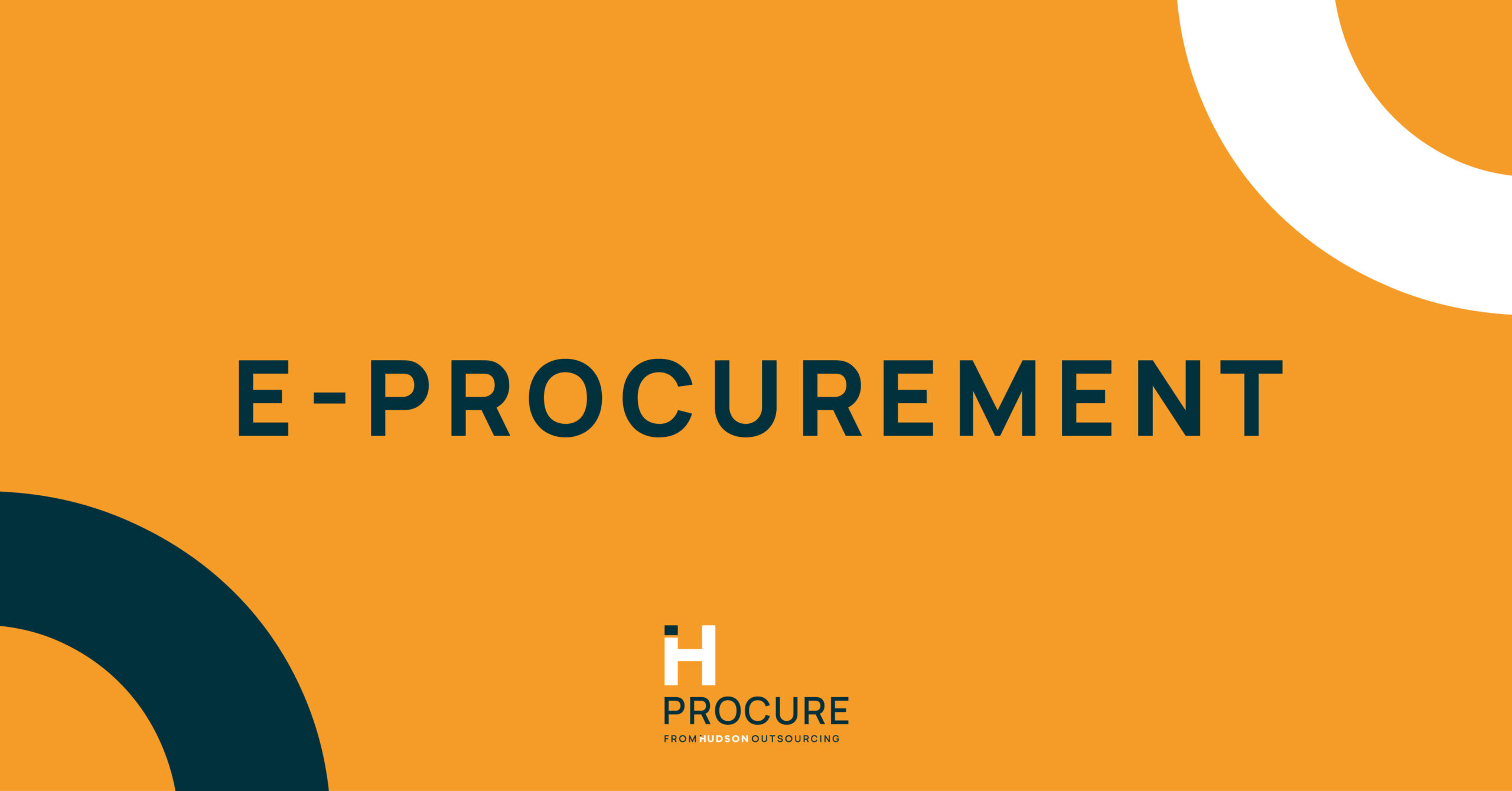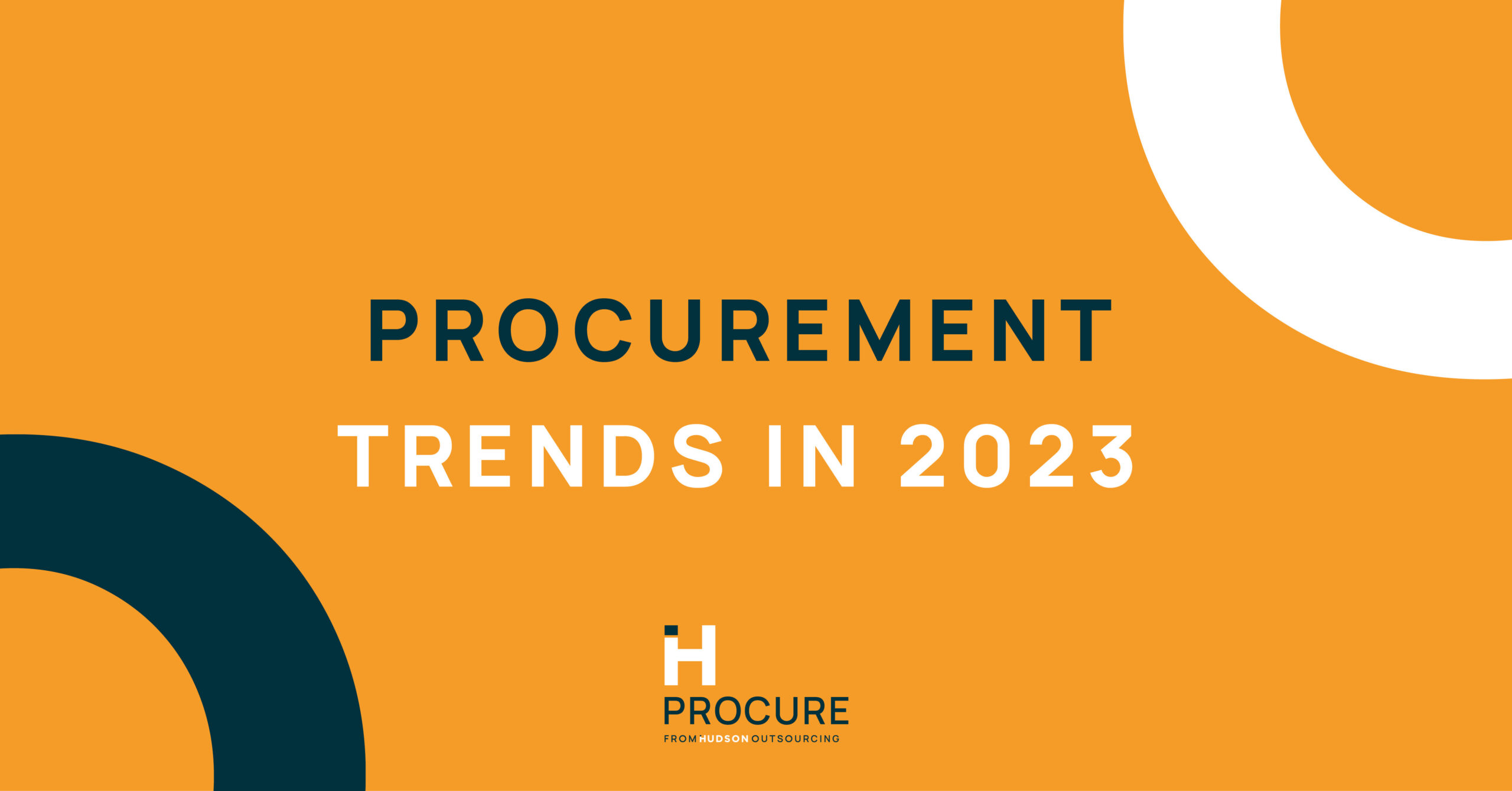Get tactical with strategic purchasing!
Have you ever wondered what strategic purchasing is? Discover the ins and outs of this process of procurement. In this blog, we’ll focus on the intricacies of strategic purchasing and how it relates to your organisation.
Definition
Strategic purchasing is purchasing driven by provider performance and the needs of the buying organisation. Ultimately, it’s a process that develops supply relationships between buyers and suppliers.
The origins of strategic purchasing
Strategic purchasing came from the desire for flexible procurement in the West. Companies a few decades ago were focused on materials/services and purchasing supplies at the lowest price. Purchasing acted in a supporting role in the acquisition of goods and services.
Due to this, there was little involvement with suppliers. However, factors such as oil crises and other events shocked companies into a realisation. More importance needed to be placed on supply.
Underestimating the importance of supply inputs to company processes and activities could be detrimental to its success. Because of this, organisations grew more reactive, becoming more involved with suppliers and internal functions like price and delivery costs.
That leads us to today, where strategic purchasing is an inbuilt process of any successful company. Nowadays, organisations have well-developed, strategically proactive purchasing departments. They contribute heavily to their organisations and, subsequently, their performance.
The four-stage purchasing development model
Back in 1988, Russel Sysons produced a model which showcases the levels of integration for purchasing.
- Passive – The purchasing function has no strategic direction and places emphasis on other processes.
- Independent – Some progress in purchasing with the adoption of recent techniques, but it’s still apart from the company’s overall strategy.
- Supportive – Strategic purchasing informs the company’s strategy with markets, products and suppliers continuously monitored and analysed.
- Integrative – Strategic purchasing is a fully realised aspect of the company’s overall strategy.
Forging supplier relationships
Most would agree that strategic purchasing starts with long-term relationships with your suppliers. Cooperating with the right suppliers ensures the prompt procurement of supplies and products ahead of the competition. Strategic purchasing also allows for an open, communicative environment between the supplier and purchaser. This closer relationship with suppliers will also provide advanced knowledge on product developments. On top of this, a strong relationship with suppliers allows you to meet the certification or licencing requirements for products.
What does strategic purchasing achieve for your company?
Well, the main benefit of strategic purchasing is the competitive advantage it offers. You find yourself more prepared for consumers’ demands. It allows you to have the exact products you need to ensure sales. Fully integrated purchasing departments can direct their companies with suppliers in innovation and product creation. Strategic purchasing can provide a sizeable advantage that competitors will find hard to overcome. Ultimately, strategic purchasing can allow for:
- The procurement of higher quality goods
- Construction of robust relationships with your company
- Collaboration with suppliers on R&D
- Helping manage/minimise supply chain risk
- The reduction of the supplier base to focus on key relationships
- Achieving cost-saving measures.
The strategic purchasing process
- Needs analysis – This is where the company begins to understand what types of goods and services are required.
- Spend analysis – Sourcing data from suppliers and the company in determining existing expenditure.
- Purchasing strategy creation – Understanding your supplier requirements, and what the selection process will look like. This is where you would further define your strategic objectives.
- Supplier selection – Creating contract documentation, and shortlisting suppliers for their suitability.
- Negotiation – Negotiations with the chosen suppliers begin.
In summary
Well, we’ve reached our conclusion to this blog on strategic purchasing. Now you have a great idea of what to expect and how to implement this element of procurement strategy. As this blog covered a lot of information, we’ve included a recap.
- Definitions – Strategic purchasing is the closer integration of relationships between manufacturers and suppliers.
- The origins of strategic purchasing – Starting in the 1980s, companies became more reactive to supply chain changes. This evolved into a more integrated purchasing department. Modern successful companies now house fully integrated purchasing departments that play heavily into the purchasing strategy of the organisation.
- The four-stage purchasing development model – A model showcasing how strategic purchasing becomes more integrated into a company.
- Forging supplier relationships – The importance of supplier relationships to strategic purchasing. Benefits to strategic purchasing such as effective communication between supplier/manufacturer and advanced knowledge on product developments.
- What does it achieve for your company – It offers a true competitive advantage to your organisation. You’ll become more prepared for the demands of your consumers.
- The strategic purchasing process:
- Needs analysis – The requirements for the company are determined.
- Spend analysis – Obtaining data from suppliers and the company.
- Strategy creation – Understanding your supplier requirements and developing the selection process.
- Supplier selection – Contract creation, alongside shortlisting the list of suppliers.
- Negotiation – You enter negotiations with the winning supplier.
How can Hudson Procure help you?
We know that the procurement and tendering process can seem like a minefield. That’s why we’ve created four services and one software that help you achieve your procurement goals. With 20 years of experience, we’re well equipped to deal with all of your procurement needs.
We provide project-based tender support and management in addition to offering any required procurement support on an ad-hoc basis. Our Procure Consult service includes mentoring, coaching and general advice. Ultimately, we have the capability and experience to support any operational or strategic procurement requirement.
Procure Health Check
Our Procure Health Check service is for companies that have some knowledge of procurement but need that bit of assistance. The service includes on-site interviews with stakeholders to understand current procurement processes, skills and understanding. Also included is a review of procurement systems, infrastructure and opportunities for development.
Procure Analyse
Our Procure Analyse service provides a high-level, vendor-led analysis of an organisation’s spending activity. This helps us to understand current purchasing behaviour and areas where procurement activity can be focused to deliver greater value. This service helps generate a structured, forward plan for procurement activity and improving purchasing operations.
Procure Outsourcing
Procure Outsourcing focuses on providing procurement solutions on an outsourced basis. This would mean that the procurement services can be tailored to your needs. This could mean:
- Supporting existing procurement resources as an extension of your team
- Multiple tender projects delivered as a package
- Full procurement function for an organisation.
Procure Post
Are you trying to find a supplier for your project? Post your tendering opportunity onto any of our 11 sector-specific portals for FREE with Procure Post!
Housed by our sister company, Hudson Discover, our portals host thousands of tendering opportunities for organisations of all sizes. We’ll help you identify your requirements and find the most suitable suppliers for your business.
For more information or for a free consultation, please get in touch.
Check out our other blogs for further Procurement Insights:


